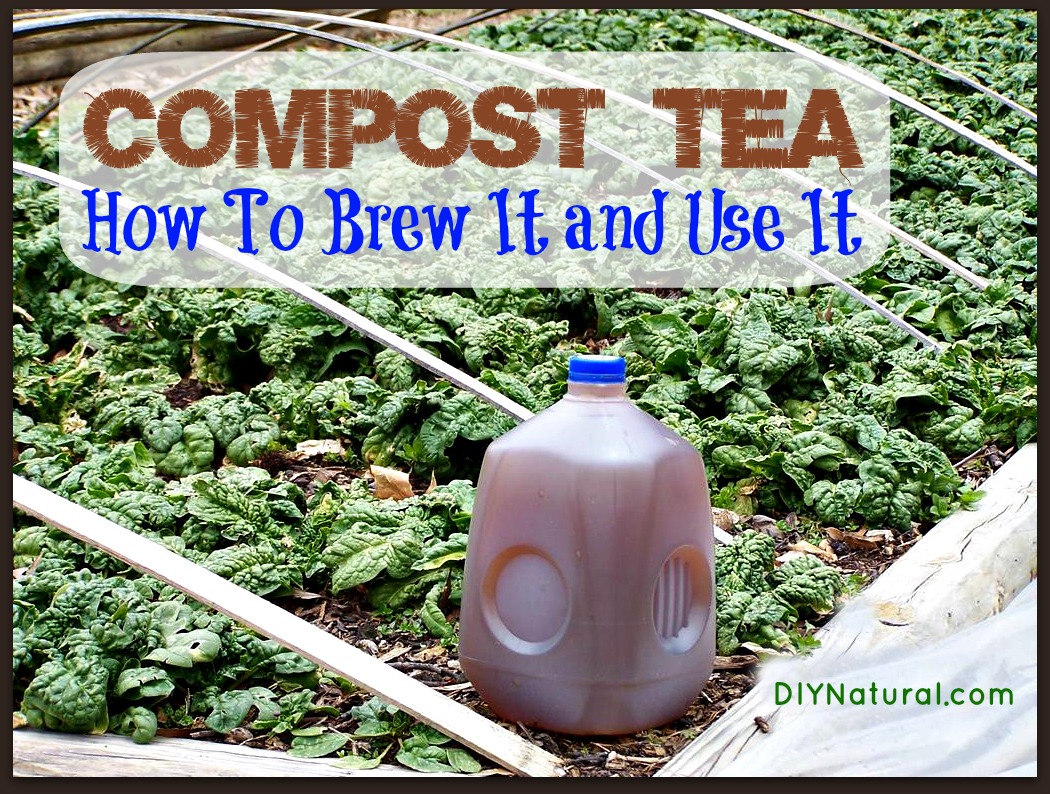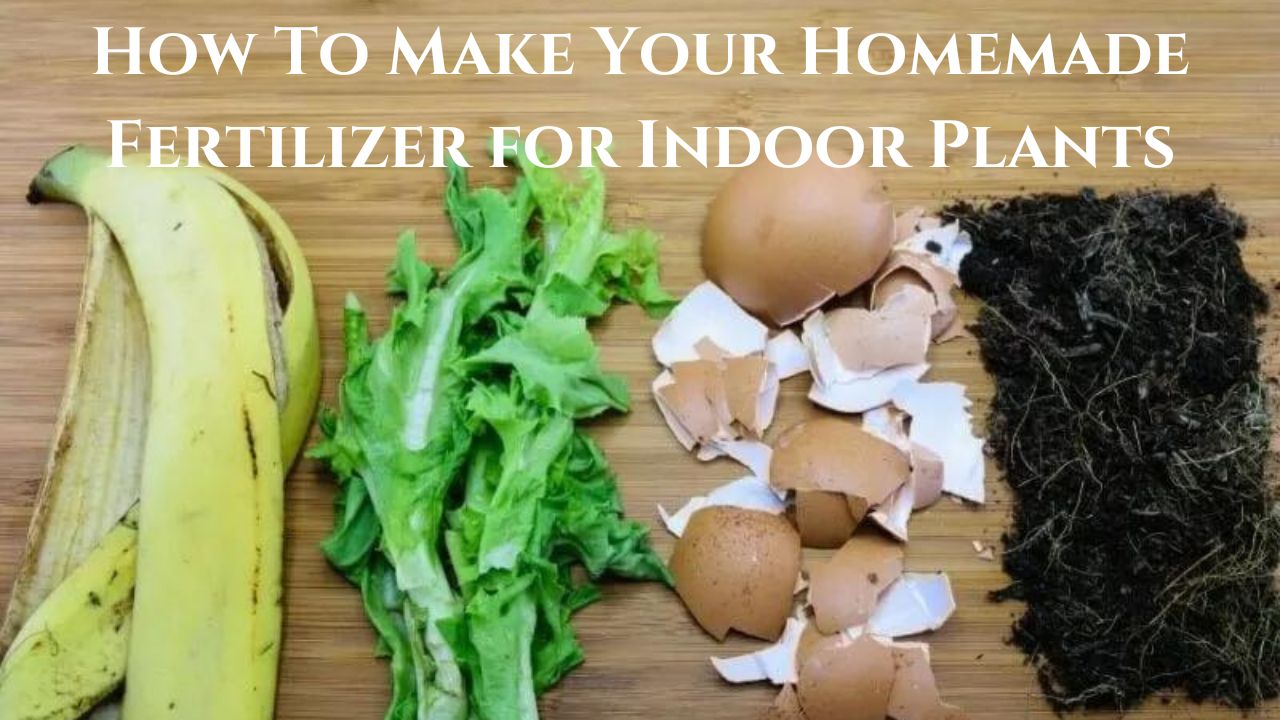Best Organic Fertilizers for Houseplants: Nurturing Nature Indoors

Have you ever wondered if your houseplants could use a little organic boost? Just like us, plants need nutrients to thrive. But with so many options out there, it can be overwhelming to choose the right one. Fear not! We've compiled a comprehensive guide to the best organic fertilizers for houseplants that will have your indoor garden flourishing in no time.
Why Choose Organic Fertilizers for Houseplants?
Organic fertilizers are derived from natural sources like plants, animals, or minerals. They offer a plethora of benefits, including improved soil structure, enhanced microbial activity, and a slower release of nutrients that mimic natural processes. Unlike synthetic fertilizers, organic options are gentler on the environment and safer for your home.
Top Organic Fertilizer Options for Houseplants
Compost Tea: The Liquid Gold
Compost tea is a nutrient-rich liquid made by steeping compost in water. It's like giving your plants a cup of herbal tea, packed with beneficial microorganisms and organic nutrients. Compost tea can be easily made at home or purchased from a garden center.
How to Make Compost Tea:
- Fill a burlap sack with well-aged compost.
- Suspend the sack in a bucket of water.
- Let it steep for a few days, stirring occasionally.
- Remove the sack and use the liquid to water your plants.
Homemade Fertilizer: DIY Plant Food
Creating your own homemade fertilizer is a cost-effective and eco-friendly way to nourish your houseplants. Here are a few simple recipes:
Banana Peel Tea:
- Place banana peels in a jar and cover with water.
- Let it sit for a few days.
- Strain the liquid and use it to water your plants.
Eggshell Fertilizer:
- Crush eggshells into a fine powder.
- Mix the powder into the soil around your plants.
Natural Soil Amendments: Enriching the Soil
Natural soil amendments improve the soil's texture, water retention, and nutrient content. Some popular options include:
Worm Castings: Worm castings are the end product of the breakdown of organic matter by earthworms. They are rich in nutrients and beneficial microorganisms.
Seaweed Fertilizer: Seaweed is packed with micronutrients and growth hormones that promote plant health and vigor. It can be applied as a liquid fertilizer or mixed into the soil.
How to Apply Organic Fertilizers
Applying organic fertilizers is straightforward. For liquid fertilizers like compost tea or banana peel tea, simply water your plants with the solution. For solid fertilizers like worm castings or eggshell powder, mix them into the top layer of the soil.
Tips for Success:
- Always dilute liquid fertilizers to avoid burning the roots.
- Apply fertilizers during the growing season, typically spring and summer.
- Monitor your plants for signs of over-fertilization, such as yellowing leaves or stunted growth.
The Benefits of Organic Fertilizers for Houseplant Growth
Organic fertilizers provide a slow and steady release of nutrients, which is ideal for houseplants. They also improve soil health by promoting microbial activity and enhancing water retention. This creates a nurturing environment that supports robust plant growth.

Common Mistakes to Avoid
While organic fertilizers are generally safe, there are a few common mistakes to avoid:
- Over-fertilization: Too much of a good thing can be harmful. Over-fertilization can lead to nutrient burn and stunted growth.
- Improper Dilution: Always follow the instructions for diluting liquid fertilizers to prevent root damage.
- Neglecting Soil pH: Some plants have specific pH requirements. Make sure your fertilizer is compatible with your plant's needs.
Conclusion: Nurturing Your Indoor Garden
Choosing the right organic fertilizer for your houseplants is like selecting the perfect vitamin supplement for your body. It's about providing the essential nutrients that support growth and vitality. Whether you opt for compost tea, homemade fertilizer, or natural soil amendments, you're taking a step towards a healthier, greener indoor space.
So, why wait? Give your houseplants the organic boost they deserve and watch them thrive. Happy gardening!
FAQs
What is the best organic fertilizer for houseplants? The best organic fertilizer depends on your specific plants' needs. Compost tea, worm castings, and seaweed fertilizer are all excellent choices.
How often should I fertilize my houseplants? Fertilize your houseplants during the growing season, typically spring and summer. Aim for once every 4-6 weeks, but always follow the specific instructions for your chosen fertilizer.
Can I make my own organic fertilizer? Yes, you can make your own organic fertilizer using ingredients like banana peels, eggshells, and compost. Homemade fertilizers are cost-effective and eco-friendly.
What are the benefits of using organic fertilizers? Organic fertilizers improve soil health, provide a slow release of nutrients, and are gentler on the environment compared to synthetic options.
How do I know if my houseplants need fertilizer? Signs that your houseplants need fertilizer include slow growth, yellowing leaves, and poor overall health. Regularly monitoring your plants can help you determine when they need a nutrient boost.

0 Response to "Best Organic Fertilizers for Houseplants: Nurturing Nature Indoors"
Post a Comment